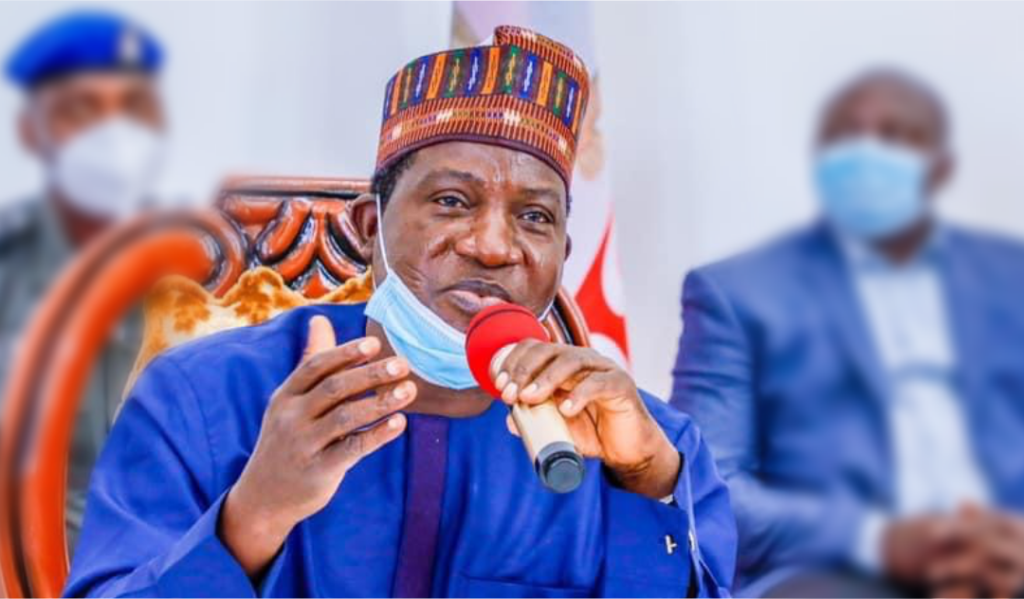- The Federal Government and Trade Union Congress (TUC) agreed to resolve the labour dispute within two weeks
- TUC grants the government a two-week period to address labour’s demands for palliatives following the removal of fuel subsidies
The Federal Government agreed with the Trade Union Congress (TUC) on Tuesday to resolve the labour dispute within two weeks.
Simon Lalong, Minister of Labour and Employment, revealed this to journalists at the end of a meeting with the TUC at the ministry’s headquarters in Abuja.
The TUC President, Festus Osifo, led the Congress leadership to the meeting, which the Nigeria Labour Congress (NLC) boycotted, led the Congress leadership to the meeting, which the Nigeria Labour Congress (NLC) boycotted.
The meeting occurred just hours after the NLC began a two-day warning strike to protest the hardship caused by removing fuel subsidies and other current administration policy initiatives.
According to Lalong, the TUC agreed to give the federal government two weeks to meet the demands of organized labour on palliatives to mitigate the effects of the removal of fuel subsidies on Nigerians.
Following the removal of fuel subsidies in the country, the Federal Government approved the release of N5 billion to each of the 36 states last month to purchase food and other necessities for vulnerable Nigerians.
Our Democracy Not Working – Fayemi
Kayode Fayemi, a former governor of Ekiti state, claims that democracy in the country is failing despite the end of the military administration in 1999.
This is because, according to Fayemi, the protest that accompanied the removal of fuel subsidies during President Goodluck Jonathan’s administration in 2012 was motivated by political interests.
He made the remarks on Tuesday in Abuja while delivering the keynote address at a national dialogue commemorating the 60th birthday of Prof Udenta Udenta, the founding national secretary of the Alliance for Democracy (AD).
President Goodluck Jonathan announced the removal of fuel subsidies in January 2012, resulting in a significant increase in the petrol price at the pump, from N65 per litre to N141.
